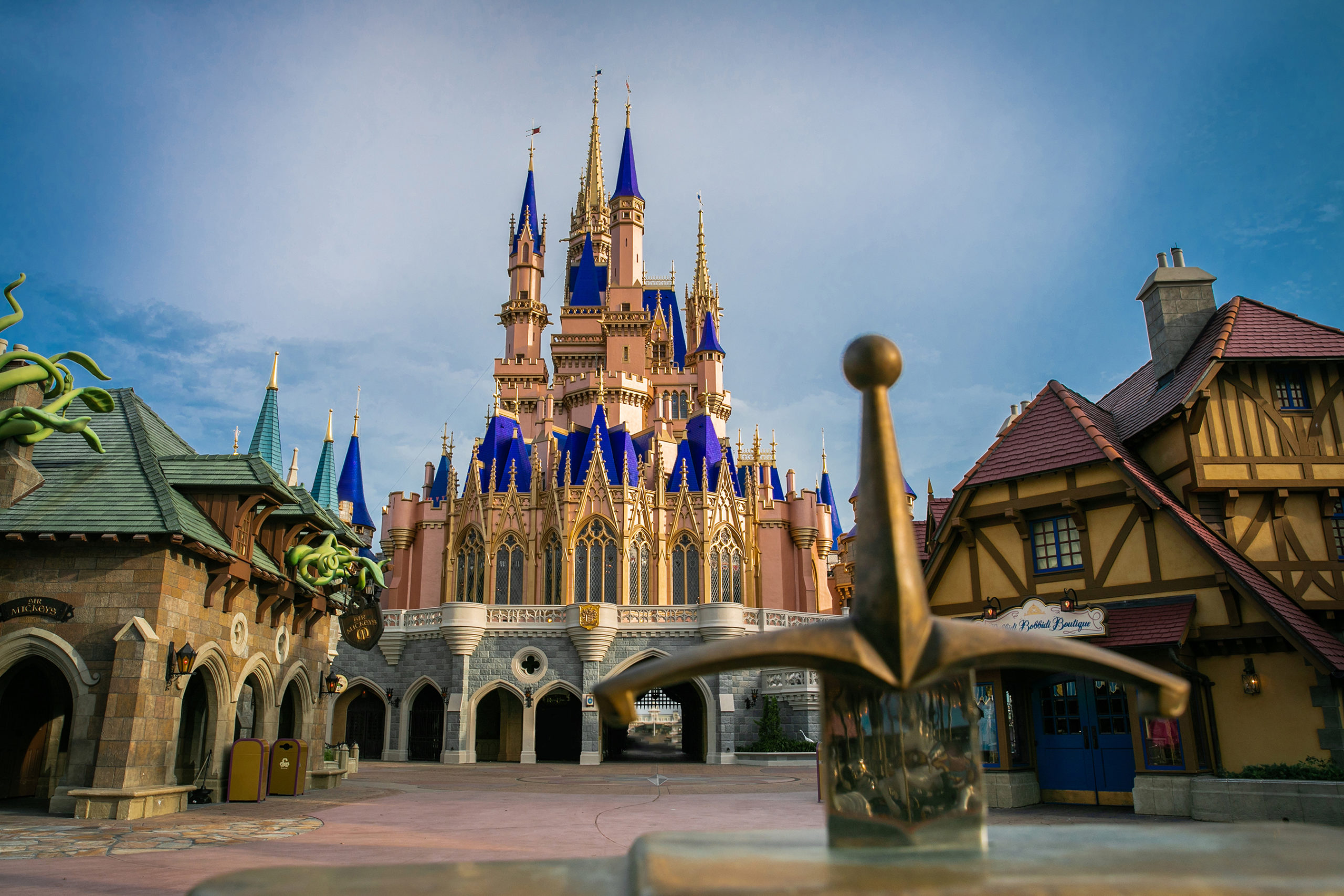Hyperinflation at Disney World
And more of the week's best financial insight

A free daily email with the biggest news stories of the day – and the best features from TheWeek.com
You are now subscribed
Your newsletter sign-up was successful
Here are three of the week's top pieces of financial insight, gathered from around the web:
Hyperinflation at Disney World
The cost of a Disney World vacation has soared more than 3,000 percent since 1971, said Jacob Passy at MarketWatch. When the Florida theme park first opened 50 years ago, a one-day admission pass cost $3.50. Today, that same pass ranges from $109 to $159, depending on the popularity of the park you wish to visit. The increase is more than five times that of the consumer price index. "The costs of other aspects of a trip to Disney World have risen" as well. Rooms at the Polynesian and Contemporary Resorts (the two original Disney hotels) cost $453 to $921 a night, up from $29 to $44 in 1970. Disney also used to offer free resort parking and complimentary shuttles from the airport, but those perks have been eliminated.
The Week
Escape your echo chamber. Get the facts behind the news, plus analysis from multiple perspectives.

Sign up for The Week's Free Newsletters
From our morning news briefing to a weekly Good News Newsletter, get the best of The Week delivered directly to your inbox.
From our morning news briefing to a weekly Good News Newsletter, get the best of The Week delivered directly to your inbox.
Discharging student loan debt
One woman showed how it's possible to discharge nearly $350,000 in federal student loan debt after filing for bankruptcy, said Kelly Anne Smith at Forbes, but it's not easy. Melissa Loe wrote her own 504-page initial complaint against the Department of Education, and it took her "eight weeks to gather all of the documents requested during the discovery process." In order to get student loans discharged, borrowers usually have to prove that the loans cause "undue hardship," a nebulous definition that courts have interpreted in different ways. At one point, the DOE suggested Loe "purposefully entered graduate school with the intention of filing for bankruptcy." Loe, who represented herself, said that if she had been that clever, she "would have saved for a lawyer."
Maybe it's just very good luck
Some top corporate insiders are so brazen in timing their trades that the TipRanks newsletter has made a business of tracking the most successful so other investors can copy them, said Liam Vaughan at Bloomberg Businessweek. Near the top: "Steve Mihaylo, the CEO of telephone services company Crexendo Inc., where he owns a $60 million stake. Mihaylo has turned a three-month profit on 83 percent of his trades over the past five years." Snehal Patel, the CEO of the pharmaceutical Greenwich LifeSciences, has bought stock in his company five times — earning an average 488 percent profit. Wharton professor Daniel Taylor has found widespread evidence that corporate insiders' trades "accelerated in the crucial weeks after an audit report had been relayed to the board but before it was made public."
A free daily email with the biggest news stories of the day – and the best features from TheWeek.com
This article was first published in the latest issue of The Week magazine. If you want to read more like it, you can try six risk-free issues of the magazine here.
-
 The Week contest: AI bellyaching
The Week contest: AI bellyachingPuzzles and Quizzes
-
 Political cartoons for February 18
Political cartoons for February 18Cartoons Wednesday’s political cartoons include the DOW, human replacement, and more
-
 The best music tours to book in 2026
The best music tours to book in 2026The Week Recommends Must-see live shows to catch this year from Lily Allen to Florence + The Machine